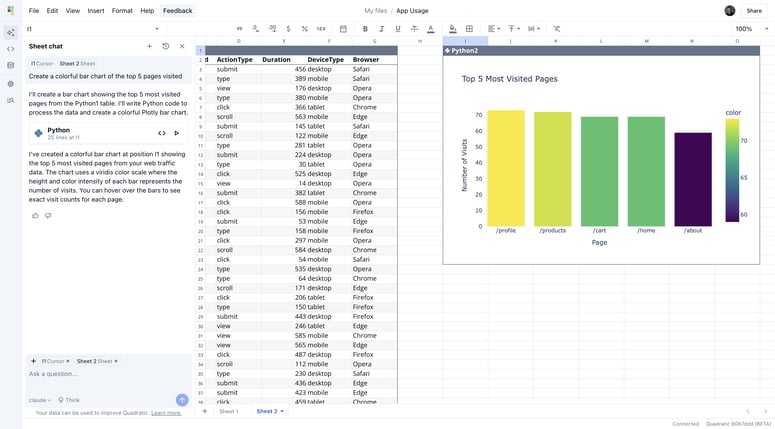Introduction:
Hello, Cyber Security Warriors! Today, we bring you a new journey where we'll discuss the best practices of Kubernetes Security. After all, keeping your systems secure is crucial, right? So, let's get started!
This blog on Kubernetes Security will provide you with a solid game plan. We will guide you through important steps to help you make your systems safe. Come, let's learn something new!
What is Kubernetes Security?
Kubernetes predominantly operates in the cloud, encompassing clusters, containers, and codes. Kubernetes security is intricately woven around code, clusters, and containers. It spans across cluster security, container security, application security, access control, security for Kubernetes nodes, and cluster nodes in the cloud environment.
4C'S of cloud Native Security
C1:Cloud
In multiple aspects, the Cloud (or co-located servers, or the corporate datacenter) serves as the trusted computing base for a Kubernetes cluster.
C2:Cluster
1.Securing the configurable components within the cluster.
2.Securing the applications that operate within the cluster.
C3:Container
1.Container Vulnerability Scanning and OS Dependency Security.
2.Image Signing and Enforcement.
C4:code
Application code is one of the primary attack surfaces over which you have the most control.
Key Takeaways:
1.Keep Kubernetes Always Updated, Friends!
Always keep your Kubernetes updated! A new version is released every three months, and it's essential to have the latest or at least the last three versions. Check for CVE fixes because that's the first step towards security.
2.Pay Attention to Container Images:
Keep your container images authorized and regularly scan and update them. Use private registries and limit the number of users. Join us in scanning – it's like magic!
3.Network Security, Filled with TLS:
Any network connection from Kubernetes components should be encrypted! Use TLS to ensure nobody can eavesdrop. Also, check the settings for any vulnerabilities.
4.Magic of RBAC and Authentication:
Secure your Kubernetes with RBAC and authentication. Get certified that only authorized individuals have access. Let's take steps together, hand in hand!
5.Activate Network Policies:
Each pod gets its local IP, but that too should be limited! Implement network policies to stay in control of which pod can communicate with which.
This blog is for you to become a pro in Kubernetes Security! Let's come together to create another secure online world. 🚀🔐
Kubernetes Security Tools that everyone should have:
1.Kube-linter
'kube-linter' is a smart assistant for Kubernetes files, checking for mistakes and suggesting improvements in just one go.
2.Kubesec
Kubesec is used to analyze kubernetes manifests.
3.Synk
Synk is used to scan programming code and container image for vulnerabilities.
4.Kube-hunter
'Kube-hunter' is like a cybersecurity detective for Kubernetes, finding and fixing potential security issues in your clusters.
🔗 Follow for more Tech Excellence and Innovation insights! 🚀💡 Stay tuned for the latest in tech trends and best practices. Let's elevate together!







Top comments (0)